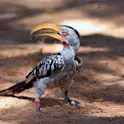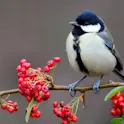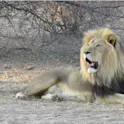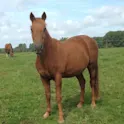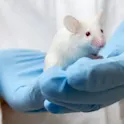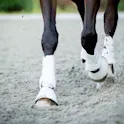
Environment
13 Feb 2023
European big cat population threatened with extinction as genetics show the population is near collapse
by Angharad Brewer Gillham, Frontiers science writer Image/Shutterstock.com Eurasian lynxes dispersed across the Swiss border with France in the late 1970s, but the population remains small and fragile. Scientists took genetic samples from lynxes in France and determined that the population’s genetic health is so dangerously tenuous it could be extinct in a generation. Scientists warn that if action isn’t taken soon, the Eurasian lynx will vanish from France. This elusive wild cat, which was reintroduced to Switzerland in the 1970s, moved across the French border by the end of the decade. But a genetic study published in Frontiers in Conservation Science showed that the lynx population in France is in desperate need of help to survive. “Given the rapid loss of genetic diversity, we estimate that this population will go extinct in less than 30 years,” said Nathan Huvier of the Centre Athenas, corresponding author. “This population urgently needs new genetic material to become sustainable.” The missing lynx This population of lynxes, hidden deep within the Jura Mountains, is not well known. Observations by scientists estimate its size at a maximum of 150 adults and suggest that it is poorly connected to larger, healthier populations in Germany and Switzerland, […]
